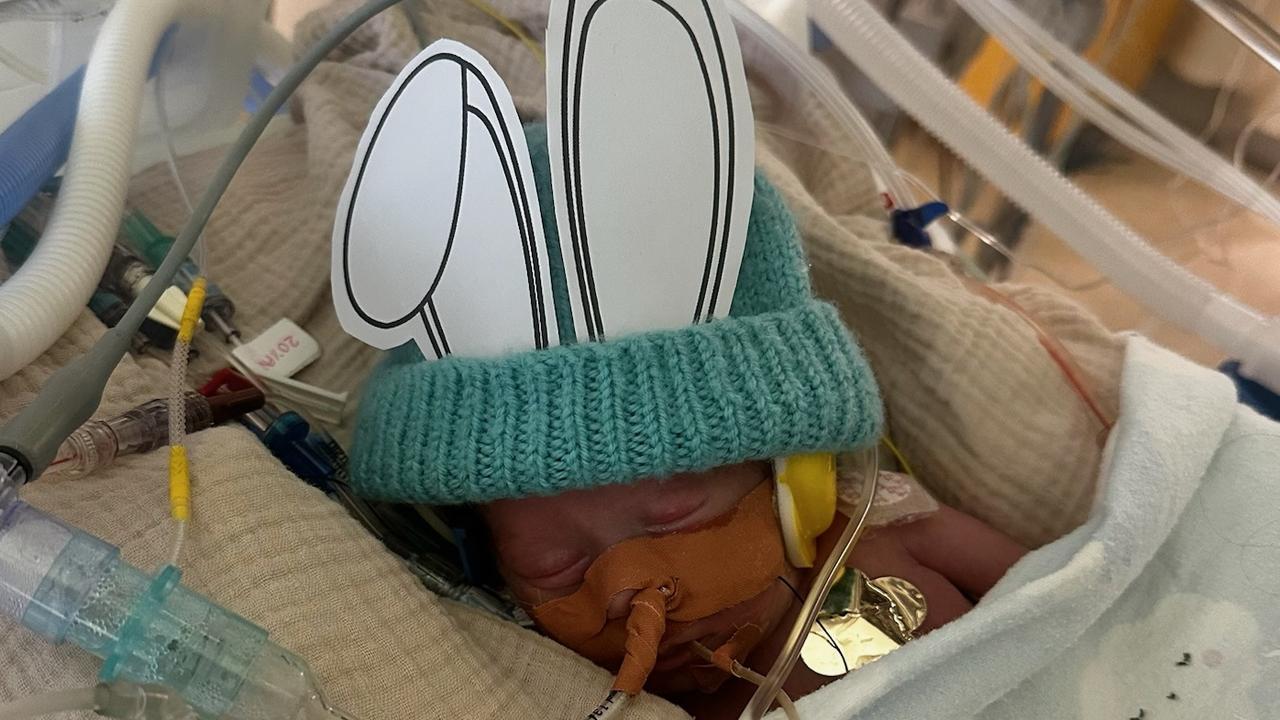Warning as teenager fights for life with meningococcal disease
An Aussie state has issued a warning after a teen was hospitalised in critical condition after contracting the highly contagious and potentially fatal meningococcal disease.

Health
Don't miss out on the headlines from Health. Followed categories will be added to My News.
A teenager is fighting for life after contracting meningococcal disease, leading to an urgent health warning.
Health authorities in South Australia have issued the alert after the 14-year-old girl from Adelaide was hospitalised with invasive meningococcal disease, identified as serogroup B strain.
It’s understood she had been in contact with several people before she was known to be sick.
Those who have been in contact with the girl have been identified and contacted by South Australia Health.
This is the 28th case of meningococcal disease cases in South Australia this year, up from the 21 cases recorded in 2023.
More than 80 cases have been recorded across the country in 2024, according to the University of Sydney

Meningococcal disease is an uncommon but highly contagious disease caused by meningococcal bacteria, which can be fatal without immediate medical assistance.
Most cases develop very suddenly and is considered a medical emergency; as the disease spreads quickly, early diagnosis is critical.
Infants, young children, adolescents and young adults are most at risk.
There are 13 strains of meningococcal bacteria and vaccines are available to protect varying common types of meningococcal disease, including strains A, B, C, W and Y.
However, vaccines do not protect from every strain of meningococcal disease, so people are advised to take note of developing symptoms.
Symptoms can include a headache, fever, neck stiffness, vomiting, light sensitivity, muscle pain, diarrhoea and confusion.
Red rashes, purple pinprick spots or large bruises may also appear on the skin, and hands and feet may be cold to the touch.
As the illness develops, people may become confused or fall out of consciousness.
Young children and infants may become floppy or tired, with pale or blotchy skin, refuse to eat and become irritable or unsettled, with difficulty waking and a high-pitched crying, grunting or moaning.


